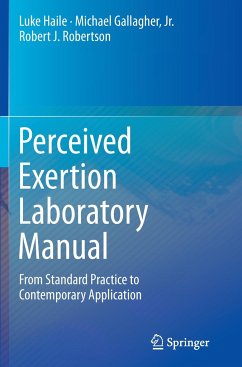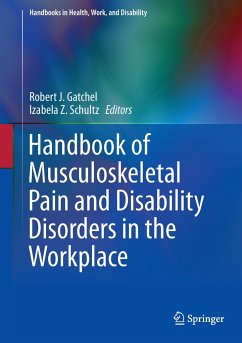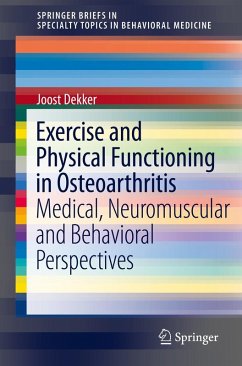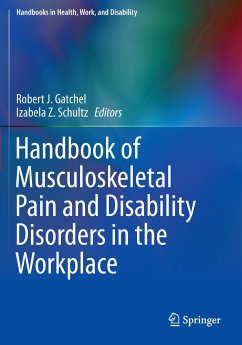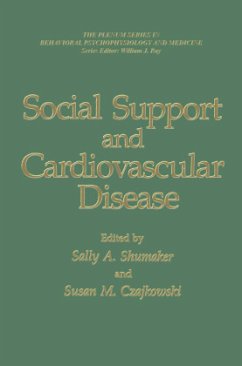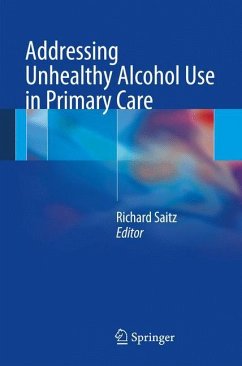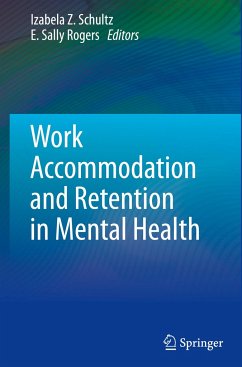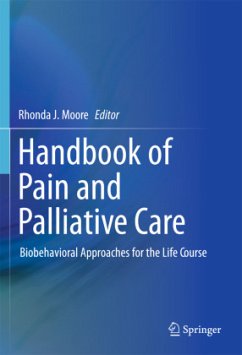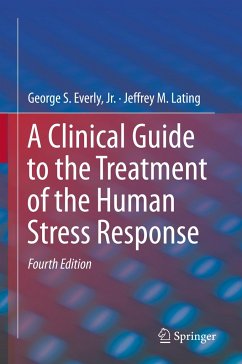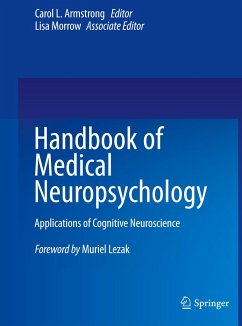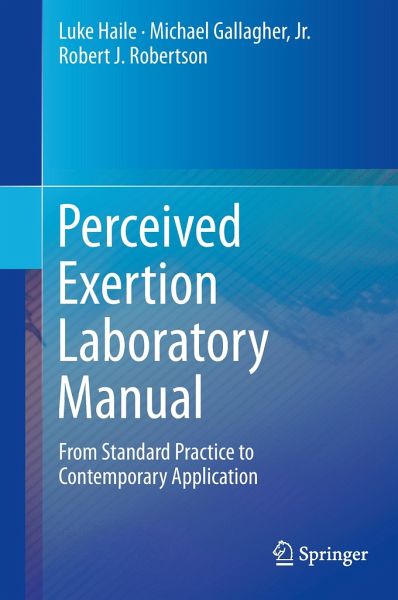
Perceived Exertion Laboratory Manual
From Standard Practice to Contemporary Application
Versandkostenfrei!
Versandfertig in 6-10 Tagen
38,99 €
inkl. MwSt.
Weitere Ausgaben:

PAYBACK Punkte
19 °P sammeln!
This manual provides laboratory-based learning experiences in perceptually and psychosocially linked exercise assessment, prescription, and programming. The primary pedagogic outcome is the ability to use applied theory and practice in perceptual and psychosocial exercise assessment and program design to promote the adoption and maintenance of a physically active lifestyle, enhancing overall health fitness. Perceptual and psychosocial variables are presented in individual, stand-alone laboratory modules that can supplement existing curricula such as exercise and sport psychology, exercise phys...
This manual provides laboratory-based learning experiences in perceptually and psychosocially linked exercise assessment, prescription, and programming. The primary pedagogic outcome is the ability to use applied theory and practice in perceptual and psychosocial exercise assessment and program design to promote the adoption and maintenance of a physically active lifestyle, enhancing overall health fitness. Perceptual and psychosocial variables are presented in individual, stand-alone laboratory modules that can supplement existing curricula such as exercise and sport psychology, exercise physiology, exercise testing and prescription, and exercise training and conditioning. In addition, the complete modular set has a conceptual flow that allows its presentation as an entire, laboratory-based course. The laboratory modules are divided into three primary units: assessment (theoretical constructs, scales and procedures, tests), prescription (self-regulation, performance), and program evaluation. The manual uses a unique format in which case studies are embedded in the conceptual flow of each lab module facilitating translation of laboratory results to real-world application. The manual concludes with a discussion of perceptually and psychosocially linked exercise prescription and programming applications in public health, such as program monitoring and adherence.





